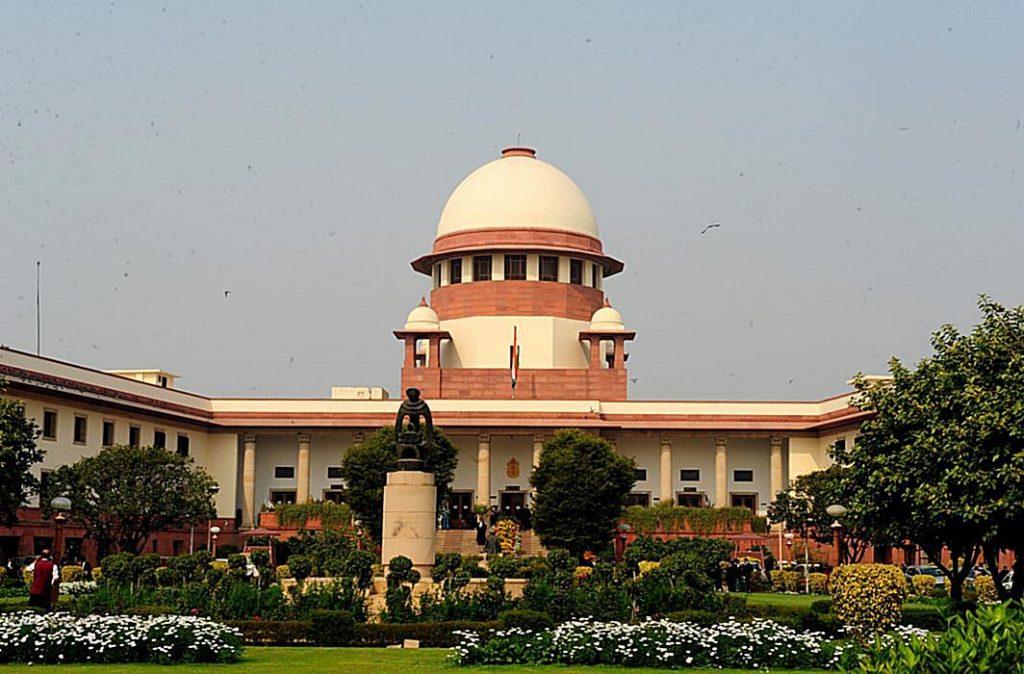
In a landmark decision, India’s Supreme Court on Monday ruled that Jammu and Kashmir has no special status. The court’s ruling overturned the constitutional provision that granted the region a degree of autonomy from the central government.
The decision was a victory for the Indian government, which had revoked the region’s special status in August 2019. The government argued that the special status was a major obstacle to development and security in the region.
The Supreme Court’s ruling was based on its interpretation of Article 370 of the Indian Constitution. The article, which was added to the constitution in 1947, granted Jammu and Kashmir a number of special rights, including the right to have its own constitution, flag, and currency.
The court’s ruling found that Article 370 was a temporary provision that was never intended to be permanent. The court also found that the article violated the principle of equality enshrined in the constitution.
The ruling has far-reaching implications for Jammu and Kashmir. The region is now subject to the same laws and regulations as the rest of India. This could lead to changes in the region’s economy, politics, and society.
Key takeaways from the ruling:
- The Supreme Court ruled that Jammu and Kashmir has no special status.
- The ruling overturned the constitutional provision that granted the region a degree of autonomy from the central government.
- The decision was a victory for the Indian government, which had revoked the region’s special status in August 2019.
- The ruling was based on the court’s interpretation of Article 370 of the Indian Constitution.
- The ruling has far-reaching implications for Jammu and Kashmir.



























